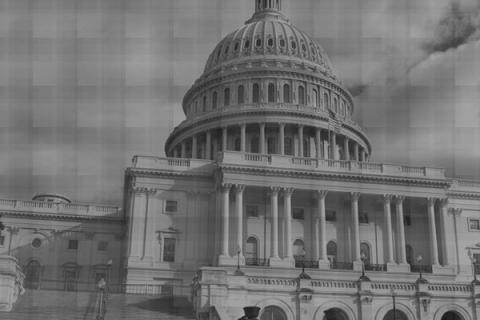Occupy Wall Street, the nationwide protest movement inspired by the ongoing demonstration in downtown Manhattan, invites comparison with the Tea Party movement, which took the nation by storm in early 2009. The question is, what can Occupy Wall Street learn from the Tea Party movement?
When Tea Party protests first began spreading across the country in February and March 2009, demonstrators were critical of both the Democratic and Republican parties, though admittedly, more critical of Democratic leadership. After the first national Tea Party mobilization on Tax Day, April 15th, at least three distinct camps had emerged within the movement.
There were Republicans who argued that the movement should focus its efforts on infiltrating the GOP and challenging its then-current crop of representatives in primary elections. There were Independents who made the case for political advocacy outside of any party whatsoever. And there were third party activists, who had broken with the two-party system and called for the election of third party and Independent alternatives to the Democrats and Republicans.
A similar breakdown can be found among the protesters at Occupy Wall Street. There are disaffected liberals and progressives who hope the movement will pull the Democratic party to the left. There are Independents who are arguing in favor of maintaining the movement's independence from any party whatsoever. And there are third party activists who advocate for third party and Independent alternatives to the Republicans and Democrats.
The Tea Party movement, of course, opted to throw in its lot with the GOP and helped the Republicans take over majority control of the House of Representatives, as well as a number of governorships and state legislative bodies in the 2010 midterm elections. Arguably, however, this strategic choice and the perceived victory that resulted from it actually represented the defeat of the Tea Party movement. The plan to infiltrate the GOP and "take the party back" on the part of Tea Party activists was in actuality the infiltration and cooptation of the movement by the party establishment. As former Vice President Dan Quayle told Neil Cavuto in January 2010: "the challenge of my Party is basically to co-opt the populist movement, the so-called Tea Party Folks whether they are Republicans or Democrats."
Now that the Tea Party movement is firmly entrenched within the GOP's political apparatus, the party establishment has launched a full offensive against what remains of it. None other than Rush Limbaugh denounced the "GOP elite's war on the Tea Party" in a segment of his radio show last week. Remarking on a lengthy New York Times Magazine piece about the GOP, Limbaugh stated:
"I've got some highlights or quotes that are illustrative here, but this is an open declaration of war from the GOP elites to the Tea Party, and it's right there in the New York Times."
The radio entertainer goes on to quote Scott Reed, a veteran Republican strategist and lobbyist, who states:
"that’s the secret to politics: trying to control a segment of people without those people recognizing that you’re trying to control them."
This is the situation that faces Occupy Wall Street at present. Will the Occupy movement allow itself to become an appendage of the Democratic party, perhaps even without their recognizing it, or will it maintain its political independence from the ruling political class it claims to oppose?
The second the Tea Party threw in its lot with the GOP, it became incapable of effecting the kinds of structural change that motivated the movement from its inception, because it was integrated into the power structures that support the political status quo. A similar fate may await Occupy Wall Street if the movement fails to maintain its political independence.

